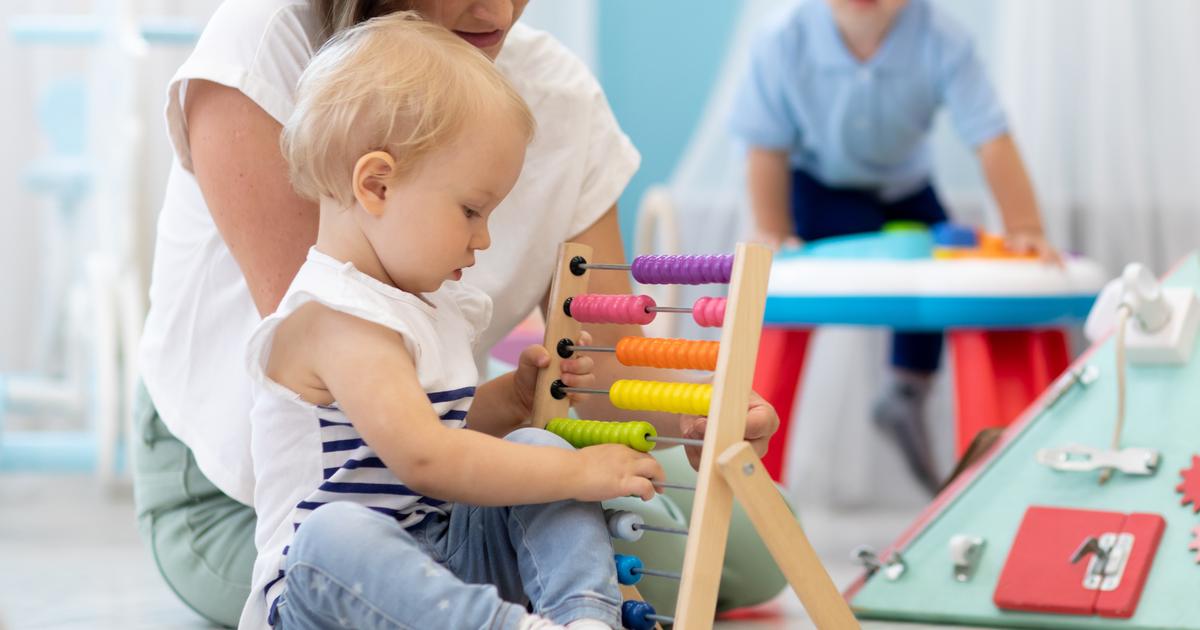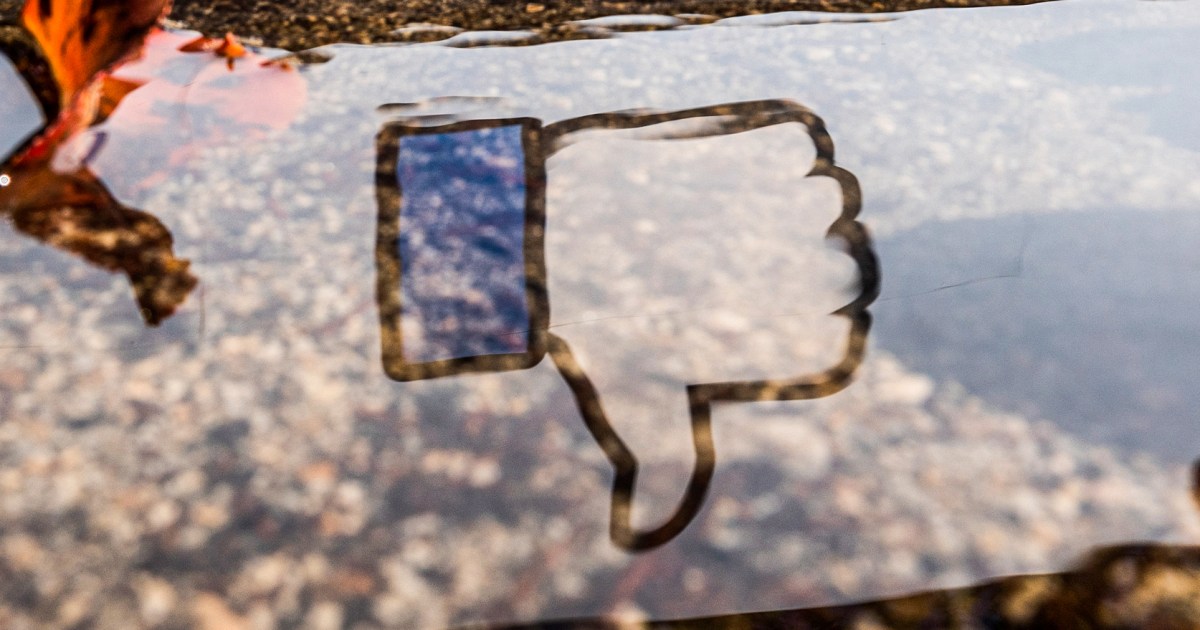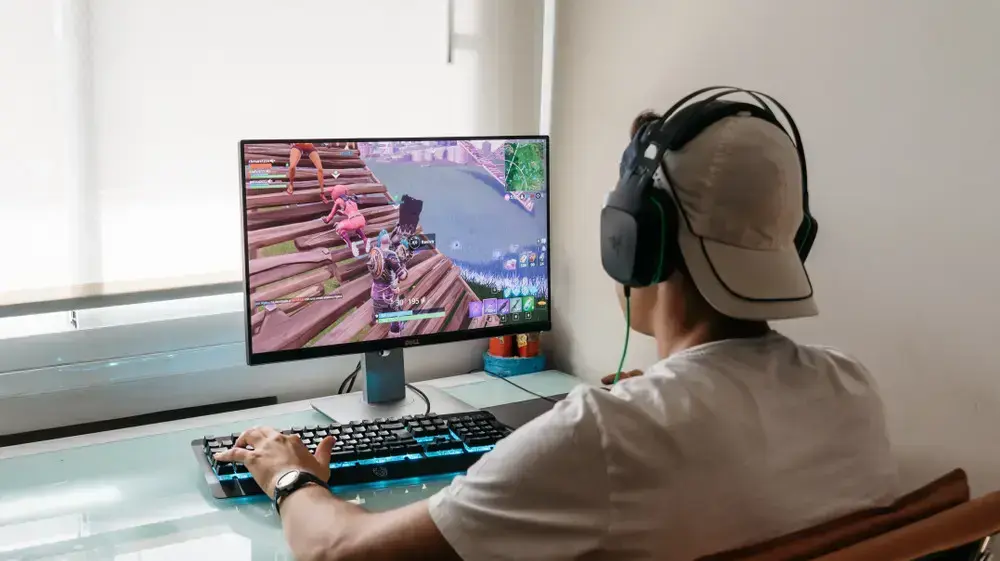No more theater, no more gym ... Since the new announcements by Prime Minister Jean Castex on Thursday to try to stop the spread of Covid-19, the schedule for the next Wednesday afternoons for Juliette, 7 and a half, has been reduced to skin grief.
The hour and a half of gymnastics that she practices each week in Nogent-sur-Oise (Oise) has fallen through because of the ban on indoor sports activities.
The theater course starts at 6 p.m. anyway.
"With the advance of the curfew, it's settled: canceled too", breathes Julien, his father.
Thursday evening, during a new press conference on the health situation in France, the Prime Minister unveiled a new series of measures against the coronavirus epidemic, including the "suspension of school and extracurricular activities indoors".
An announcement that inevitably leads parents to review their programs and which, above all, further restricts the bubbles of freedom for children.
“Anything that is joyful is prohibited,” sums up Marie Touati-Pellegrin, child psychiatrist in Paris.
It is particularly difficult for children.
“Go to school, be serious, work… What is allowed is ultimately the least attractive.
“Before, they played tennis, judo, they went to the conservatory… This is something they express a lot in my practice.
"
"Kids are not fooled"
To Mouy, "Juliette is a little disgusted," confides her dad.
She started the theater in September, she loves it, but it cut the first time with the reconfinement.
Then it came back and there it overlaps… ”And the girl expresses her incomprehension.
“Yesterday she told us
At school, the classroom is very small, there are 26 of us with masks and we have to go.
In the theater, the room is large, we also have the masks but we are forbidden to make them
… The kids are not fooled.
"
READ ALSO>
Depression, suicidal thoughts… When confinement makes the youngest crack down
Same question in Roubaix (North), where Franck struggles to understand the logic of such a decision.
"My children are in a much smaller group in their extracurricular activities than at school, with larger surfaces and a respected health protocol", deplores the father of Zoe, 23, and Arthur, 9.
The latter has been practicing classical dance for 3 years at the Ballet du Nord, twice a week for 2 hours.
"More than the drop in level, it is the joint work that is lost, the harmony of the group", regrets Franck.
Develop your social skills
In the practice of a sporting activity, this collective harmony is not trivial.
"Physical activity allows children to develop their social skills in a context other than family and school," adds Axel Bastien, child psychiatrist at the Lille University Hospital, specialist in the link between sport and mental health.
With these new measures, a whole social circle becomes inaccessible.
"
Focusing on other activities allows you to rediscover the benefits of social relationships and entertainment offered by sport.
"We must consider outdoor sports, if only with the family, indoor board games, seek to keep a social link via video communication platforms or even remote board games", advises the doctor Bastien.
For many, sport remained a last place of socialization.
"This morning, a young girl who suffers from a very specific pathology told me that she was happy to be able to return to the gym but there, she will not be able", illustrates Marie Touati-Pellegrin, who says she is "saddened" by the situation of teens.
Morning essentials newsletter
A tour of the news to start the day
Subscribe to the newsletterAll newsletters
“In high school, the notion of class hardly exists any more, so sport was still a place of socialization.
Of course, these are places of brewing, which justifies the ban on the health plan a little better.
But we must also ensure that these restrictions to counter the epidemic do not in turn create a psychiatric epidemic.
"
"Sport makes it possible to fight against the virus"
Like little Juliette, Armelle's daughter, also 7, says goodbye to her dance lessons.
But it is for his big brother, aged 16, that the situation is very difficult.
“He practices competitive boxing and swimming.
This is at least the second or third time that it has been stopped since September, ”breathes Armelle.
“We insist a lot on the importance of sport and yet nothing is done in this direction.
We push young people to a sedentary lifestyle and to take refuge on their console.
Sport is a public health issue because it helps maintain a good immune system and therefore fight against viruses, ”assures this mother, resident of La Garenne-Colombes (Hauts-de-Seine).
The only solution: jogging and weight training at home.
“It's not easy to convince a teenager to go for a run.
Obviously, he will spend more time on his computer even if I am vigilant, worries Armelle.
My daughter is smaller.
She is disappointed but nothing more.
It's for teenagers that it's dramatic ”.
The opportunity to spend more time with family
In Mouy, Julien abounds: it is better to live this period of restrictions at 7 years old as is the case with his daughter, rather than as a teenager.
“At his age, children are quite flexible, more adaptable”.
He is already thinking about how to occupy his daughter on Wednesdays to come, at this time when neither the swimming pool nor the cinema can save the children's day.
"She is going to invite a classmate to play a bit because since the spring, she has been around board games and manual activities", summarizes Julien.
Chez Sophie, a few kilometers away, in Senlis (Oise), the rule of everyone at home applies no matter what.
"They will see their friends less outside of school, but no question of doing sleepovers or group outings at the moment, even on Wednesdays", slice the mother of three children aged 7, 11 and 12.
The opportunity, however, to spend more time with family, in an environment that she herself qualifies as "privileged".
“We have access to magnificent sites like the forest of Halatte, where we can walk on Wednesdays and at weekends.
It will necessarily be harder for others who live in apartments, without a garden.
"
"My son needs to move to sleep well"
Responsible for a sports club in Gennevilliers (Hauts-de-Seine) where her children practice basketball and the gym, Élodie is annoyed.
“My son has been on four lessons a week so far.
I have a child who needs to be moving to sleep well, to be concentrated at school, she emphasizes.
He is not well, I took him to see a doctor because he is more stressed ”.
READ ALSO>
Videos, books, podcasts ... how to reassure the youngest about the coronavirus
"The situation is critical for young people", alarmed another Élodie, member of the executive committee of a handball club in Pas-de-Calais.
“They no longer see anyone, the club is their moment of sociability.
We come from a disadvantaged territory, so when the young people were with us from 5 pm to 10 pm at least we were sure to know where they were, ”says this mother of a young 11 year old athlete.
Whether outdoor lessons can resume, with the weather, everything is uncertain.
In the Hauts-de-Seine, it will be the return of video lessons in Élodie's living room for children.
“But that has nothing to do with it,” says the gym teacher.
"We are going to go for a walk on weekends, to ride a scooter."
Smile and talk
To put a little sun in the next Wednesday afternoons, Doctor Marie Touati-Pellegrin recommends a sport not always easy in times of pandemic, but which has already proven its worth: "We must absolutely keep smiling", recommends the specialist, who also promotes dialogue.
"It is essential to tell the children that this situation is not forever, that the pandemic will stop and the friendly life will eventually resume."
And the child psychiatrist to bet on the creativity of her patients.
“During the first confinement, a 12-year-old young man made himself a ping-pong table with the dining room table,” she recalls.
With a touch of mischief, sport is still accessible.









